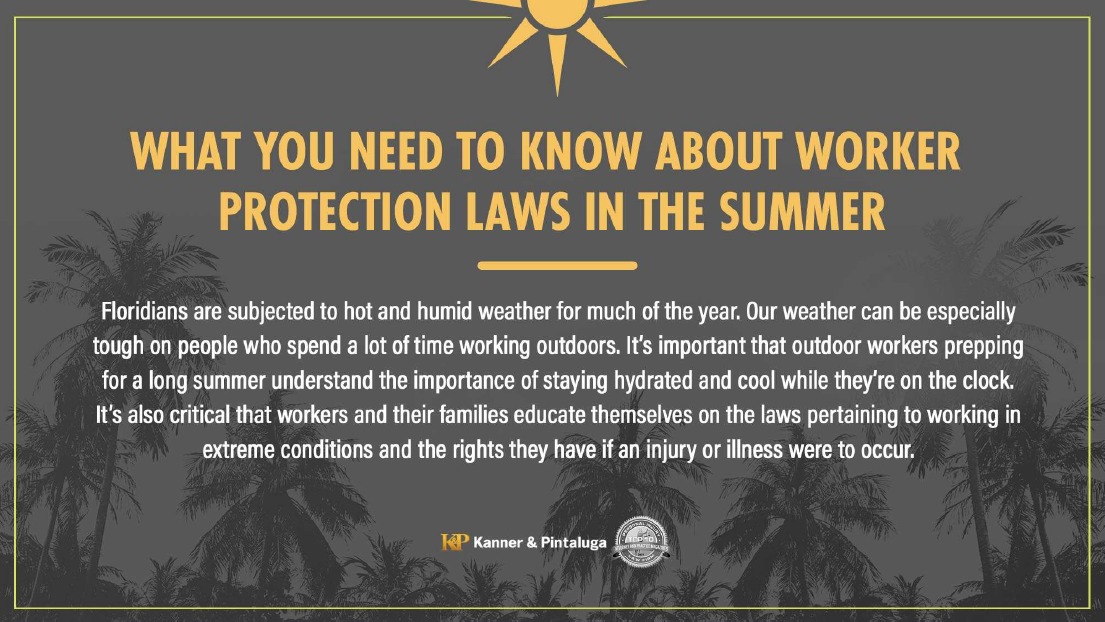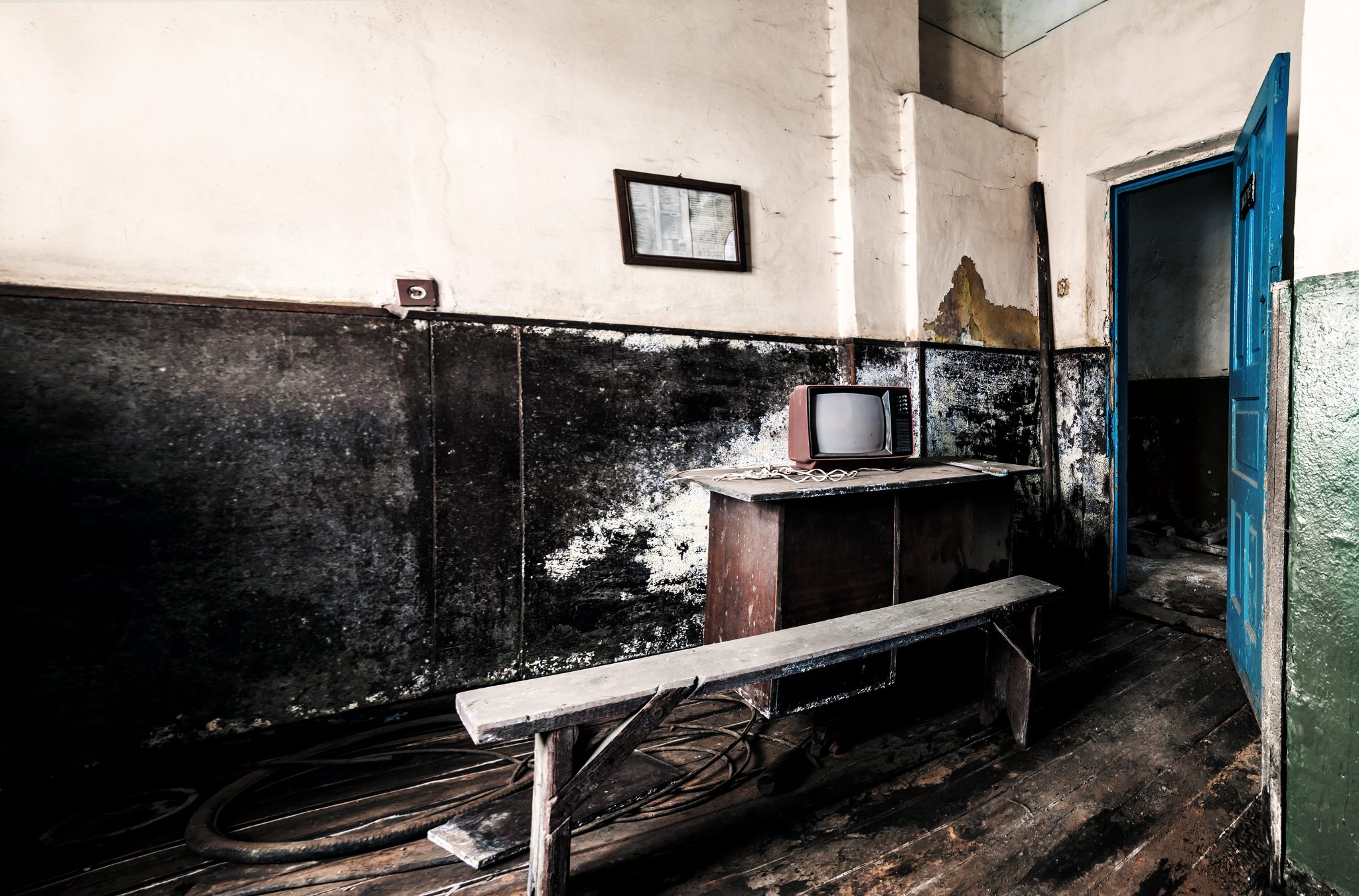
Worker Protection Laws for the Summer
May 14, 2019
Why Don’t Insurance Companies Offer Flood Insurance?
August 15, 2019When is the Right Time to Call a Lawyer for Your Hurricane Damage Claim

Has your Florida home been devastated by a hurricane? Depending on the severity and type of the damage, you may be trying to decide whether or not it’s worth your time to file an insurance claim on your home. After all, there is an additional hurricane deductible based on a percentage of your insurance policy’s dwelling limit. If your hurricane damage is relatively minor, like a few missing shingles, it may not be worthy it for you to deal with the insurance company.
For many Florida home and business owners who find themselves in the path of one of Florida’s frequent hurricanes, the damage is severe enough to clearly warrant filing a hurricane damage claim with their insurance company.
Even though your traditional homeowners insurance won’t cover flood-related hurricane damage, it will still cover wind damage and other storm damage, which is all too common during hurricanes.
If you hear any of the following from the insurance company when you file your claim, it may be time to call a hurricane property damage lawyer:
- Your policy doesn’t cover this damage
- This damage was due to flooding (even if you know it wasn’t)
You should also look out for other troubling signs, such as:
- The insurance company is taking an unreasonable amount of time to process, pay or make necessary changes to your claim (especially in the event that you pointed out something wrong with their initial claim settlement offer)
- An insurance company representative makes a comment that you know is misleading or false
- The claim settlement estimate offered by the insurance company is clearly less than what you need to repair your home
- They tell you NOT to hire an attorney or independent claims adjuster because it won’t help
- You receive a partial payment or lowball check in the mail with a letter that says this is the full payment for your claim
- The insurance company will only provide a claim settlement if you agree, in writing, that you can’t file a supplemental claim
Supplemental Claims
If you have past experience with storm damage you likely understand the value of supplemental claims and why you shouldn’t give up your ability to file one. Florida statutes allow policyholders to file a supplemental claim within three years of the original claim in the case additional damage is discovered and the initial claim wasn’t adequate to cover all the costs of repairs.
For example, you may have filed a claim for roof damage due to hurricane winds. You then later discover that the damaged roof allowed water to penetrate your attic’s insulation or inside your home’s walls, and now you have a significant mold problem. You can file a supplemental claim to get an additional settlement to pay for mold remediation.
Getting the insurance company to agreeably settle a supplemental claim can, in some cases, be even more difficult than getting them to settle the claim for the obvious damage you initially reported. It’s not uncommon for policyholders to benefit from the assistance of a property damage attorney or public claims adjuster for supplemental claims.
Things to Keep in Mind After a Storm
- Before you do any cleanup after a hurricane or tropical storm, make sure to take plenty of pictures. Documentation of damage to your property will make it harder for the insurance company to deny a legitimate claim.
- When you file a claim, make sure you fill it out as completely as possible. Due to the high volume of claims insurance companies receive in the wake of storms, they may set aside incomplete claims to come back to later, which will result in delays for you.
- Make sure to be thorough in your inspection. If water leaked into your roof and causes mold growth in your insulation you might not realize it right away. The same can occur with water damage inside walls – just because it’s not immediately visible doesn’t mean there’s no damage.
- If extensive repairs are necessary after a hurricane or tropical storm has damaged your property, it’s very important to get professional estimates on repairs from reputable contractors. Knowing exactly how much repairs will cost will give you and your legal team leverage when negotiating with the insurance company.
- Don’t accept, sign or cash a claim settlement check if it’s lower than what you expected it to be or less than you know you’ll need to make the necessary repairs to your home. If you cash the check you are essentially accepting it as full payment for your claim and will lose your ability to negotiate for a fair claim settlement.

